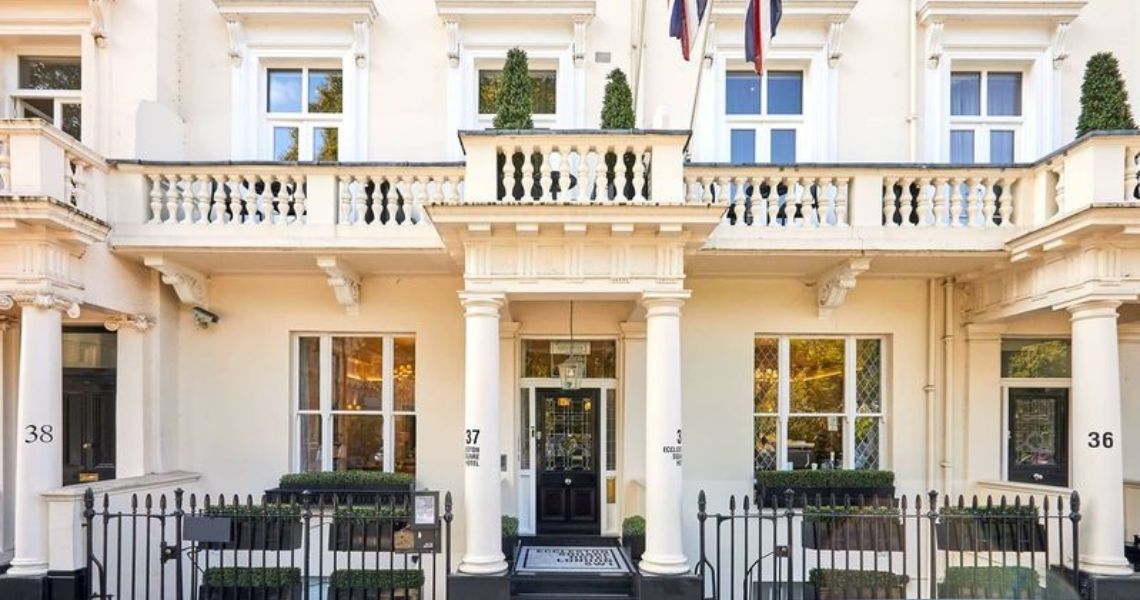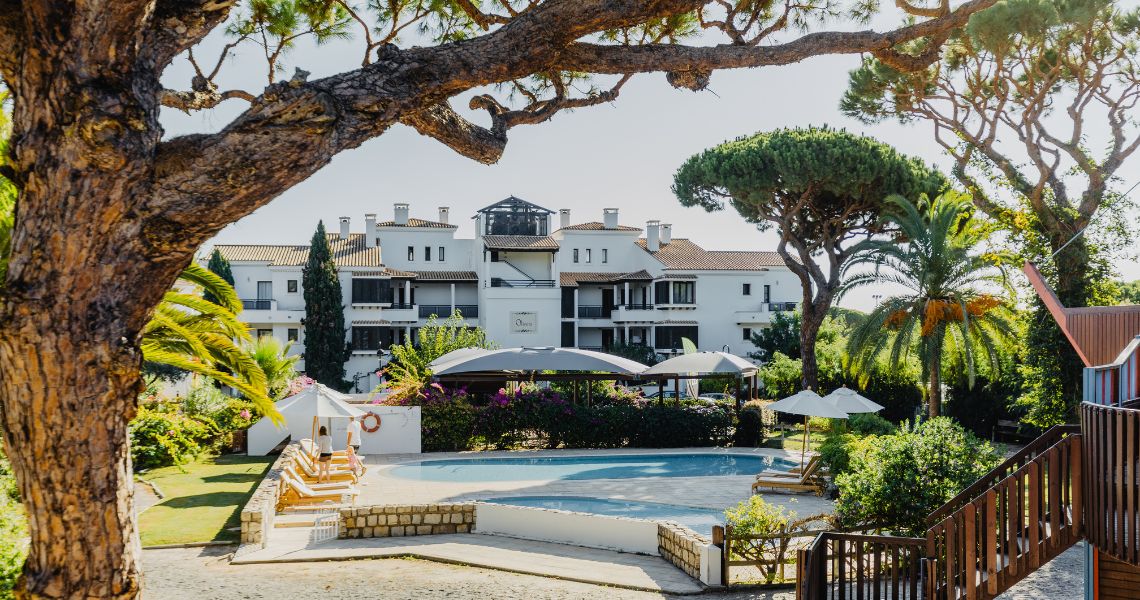Slow travel has emerged as more than just a vacation style—it’s a movement reshaping how people experience the world. Rather than rushing to tick off as many landmarks as possible, it focuses on longer stays, deep cultural connections, and a mindful approach to exploring.
This shift to slow travel also reflects environmental awareness, local economic support, and a desire for richer, more authentic encounters with destinations. Across the UK and Europe, travellers are finding places that perfectly match this slower rhythm, from countryside retreats to historic towns, each offering unique opportunities to savour every moment.
Embracing the Slow Travel Philosophy

The slow travel philosophy centres on the idea that fewer destinations with deeper engagement provide a richer experience than a whirlwind itinerary. Rather than rushing from one city to the next, travellers immerse themselves in one place for days or even weeks, absorbing the atmosphere, engaging with locals, and participating in daily life. This approach reduces travel stress, avoids the superficiality of fleeting visits, and allows for organic discoveries that don’t appear on guidebooks.
Environmental Benefits of Slow Travel

According to The Guardian, slow travel directly contributes to lowering environmental impact. By minimizing frequent flights or long car journeys, travellers significantly reduce CO₂ emissions. Opting for trains, bicycles, and walking not only lowers a trip’s carbon footprint but also aligns with global sustainability goals. Fewer, longer stays also lessen the strain on popular tourist destinations, helping preserve cultural and natural heritage sites for future generations.
Supporting Local Economies
Spending more time in one destination means a greater chance to contribute to the local economy. This includes frequenting neighbourhood cafés, buying goods from local artisans, and choosing family-owned accommodations. According to travel trends, the extended presence of slow travellers generates more meaningful economic benefits for communities compared to brief, high-volume tourism surges, as money circulates within small businesses instead of multinational chains.
Rising Popularity of Long Stays

Data from Airbnb News shows a remarkable 30% increase in long-stay bookings since 2022. This statistic demonstrates the growing appetite for extended travel experiences, whether for workations, creative retreats, or deep cultural immersion. The rise in flexible remote work arrangements has also allowed travellers to stay connected professionally while exploring new environments at a leisurely pace.
Slow Travel Destinations in the UK
The UK offers a variety of locations perfect for slow travel, from Cornwall’s rugged coastal paths to the serene landscapes of the Cotswolds. Spending a week or more in these areas allows travellers to blend into the local rhythm—chatting with fishermen, attending village markets, and discovering hidden footpaths that reveal the authentic character of the region.
European Slow Travel Hotspots


Across Europe, slow travel finds its home in places like Florence, where art and history flow into daily life, or the wine villages of Burgundy, where visitors can participate in harvests and taste vintages straight from the vineyard. Small cities and rural regions provide a depth of experience that fast-paced itineraries often overlook, making every day an opportunity to connect meaningfully with local traditions.
Indoor Relaxation for Slow Travellers

For many slow travellers, the journey doesn’t end when the day’s exploration winds down. In the comfort of a rented cottage in Scotland or an apartment in Paris, some choose to relax with entertainment options like the best online casino sites, blending travel downtime with engaging activities. This adds a modern twist to slow travel, offering the comfort of home-style leisure without compromising the immersive nature of the trip.
Mindfulness and Presence in Travel
Mindful travel encourages being fully present during each moment—savouring the taste of a local dish, appreciating the texture of historic architecture, or simply observing daily life in a quiet square. This approach fosters emotional connections to destinations, leaving travellers with memories that are richer and longer-lasting than hurried snapshots.
How Slow Travel Shapes Personal Growth
Slow travel often challenges travellers to adjust to new rhythms and adapt to different cultural norms. This patience-building process broadens perspectives, nurtures empathy, and enhances problem-solving skills. The rewards are internal as much as external, as travellers return home with a renewed sense of balance and appreciation for life’s details.
Practical Tips for Adopting Slow Travel
To fully embrace slow travel, start by selecting fewer destinations and allocating more time to each. Prioritize accommodations that offer kitchen facilities for cooking local produce, choose walking or cycling as primary transportation modes, and engage with community events. These choices enhance both the traveller’s experience and the positive impact on the host destination.
The Future of Slow Travel
With climate concerns and over-tourism affecting global destinations, slow travel is positioned as a sustainable alternative that benefits both travellers and host communities. By emphasizing longer stays, reduced transport emissions, and deeper cultural integration, this movement represents not just a travel trend but a long-term shift in how people connect with the world.
Images courtesy of unsplash.com, pexels.com














